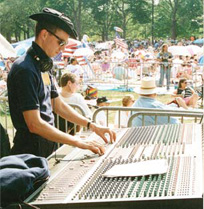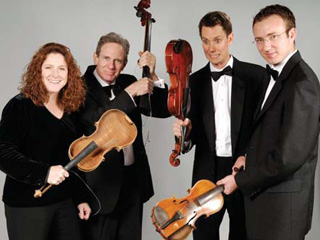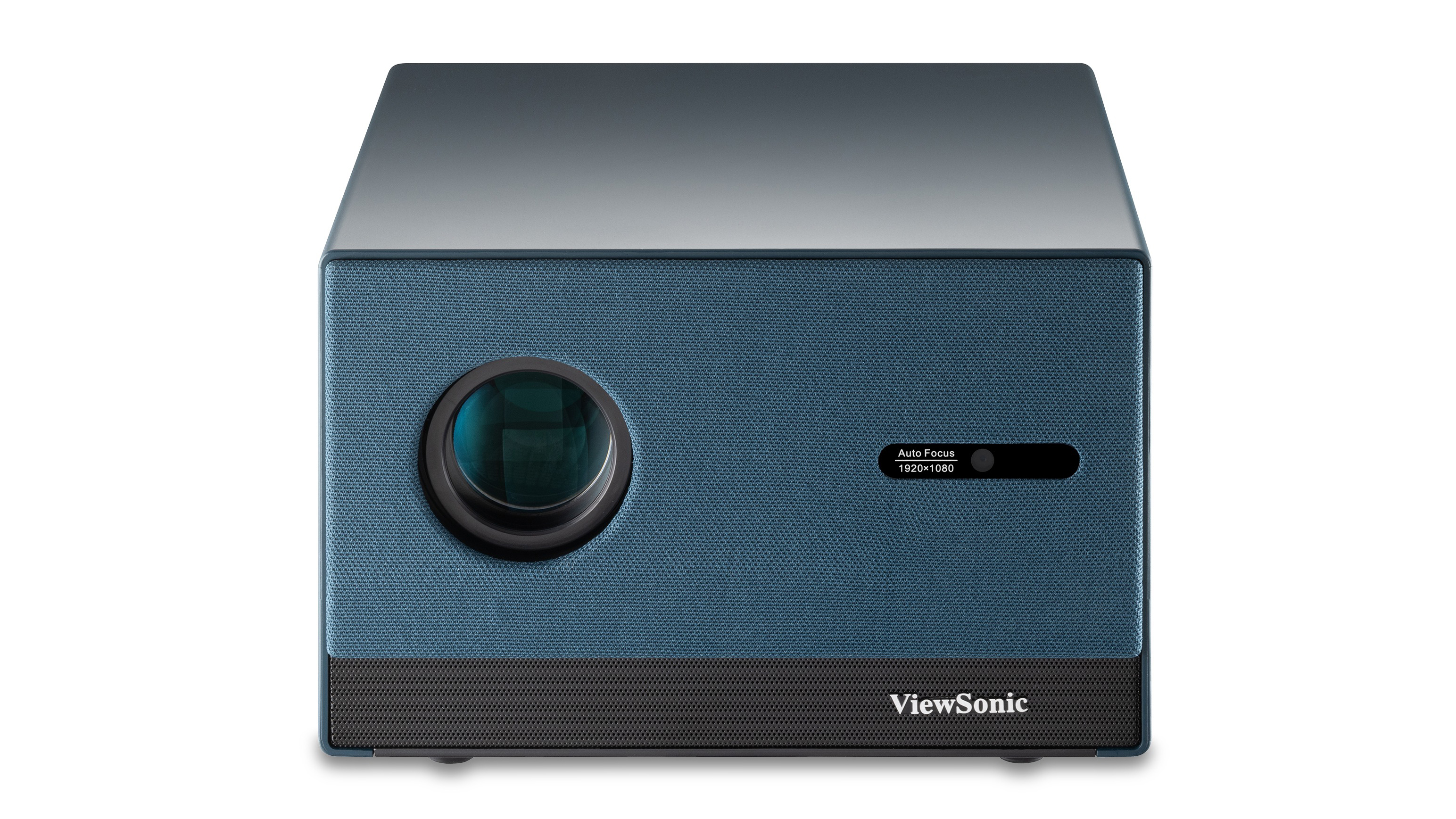Stage Presence

Karl Winkler Brings To Lectrosonics Cumulative Knowledge From Work Backstage, On Stage, And At Front-Of-House SCN: You arrived in the world of audio via a BA in music performance in 1988, playing the viola, a talent which you still cultivate in the Giovanni String Quartet in Albuquerque, NM. At what point did you first translate your interest in music into scientific inquiry as it relates to sound?
Karl Winkler: I would say it started even when I was in high school, listening to the Beatles (no, I'm not that old) and realizing that things had been done by people making decisions in order to have a specific sonic effect for the listener. The most obvious thing was how certain
Karl Winkler joined the Air Force in 1992 and toured the U.S. and Japan as FOH engineer and crew manager for the Airmen of Note jazz ensemble. sounds and voices were panned in the stereo field. I also remember noticing that The Cars' first album had three hit songs on side one (back then it was LPs, remember?) and they were all exactly 3:44 in length. My question was "Who decided that?" turns out it was legendary producer Roy Thomas Baker. Having noticed these things, I was hooked on the idea of learning to make records. When I got to college, I discovered the 24-track recording studio at the University of Arizona and the rest is history.SCN: You joined the Air Force in 1992 and subsequently toured the U.S. and Japan as the FOH engineer and crew manager for the Airmen of Note jazz ensemble. While in the Air Force you also mixed sound for a recreation of the Glen Miller Army Corps band, a 44-piece ensemble. Did the challenge of mic'ing such a group trigger your next leap into the manufacturing side of sound?
KW: In a way, yes. I already had a fondness for good microphones, having done some studio work before doing live sound. My goal with the Air Force Band was to create a studio- like experience in a live setting, and microphones were a big part of that. I don't think it was common at the time to have a bunch of Sennheiser mics on the stage, along with a few Neumanns

Winkler (third from left) plays viola with the Giovanni String Quartet, pictured here in a photo sent with an April Fool’s Day 2007 press release proclaiming a new tradition of smashing their instruments on stage after a performance, rock ’n’ roll style. and AKG condensers. That had a real influence on my work later with Neumann when we created the KMS 105 handheld condenser mic.
SCN: Your previous roles in product management, marketing, and business management with Neumann/USA and Sennheiser, and your present-day position as director of business development for Lectrosonics, have exposed you to users' almost fanatic attachment to certain brands. What role does that excitement play in perpetuating the audio industry?
KW: I think a very big one. Some brands, like Neve, Neumann, Studer, Telefunken, API, etc. elicit very emotional responses from legions of audio professionals. Because music and sound have such subjective aspects, these brands can tend to hold sway in a way that is difficult to quantify, but can be observed if you pay attention. I've always felt that the "intangible" aspects of products often are more important than what can be measured with instrumentation. Some brands, like Apple, sell little more than extremely clever interface and design. If people perceive certain products as "better," then they are, period.
SCN: How would you say your trajectory from tech to exec affects your decisions in business and product development?
KW: I very much enjoy the ability to talk with our engineering team on their terms, and turn around and have a conversation with a guitar player about "tone" and then being able to suggest ways to wire his pickups. Having a background in music has also always helped me for similar reasons. I've always felt that it is important to understand what you are marketing and selling, not just from the "three major selling propositions" point of view, but from the core of the product or service communicating directly to the core of the market. People can't always express what they need in quantifiable terms. So being able to see and understand things from various critical viewpoints can provide a major advantage.
SCN: How would you complete the following sentences?
Touring bands today... have technology I would have killed for in the 1990s. Somehow, though, I still think there is far too much bad sound in the world.
Mixing sound at Carnegie Hall was... a peak experience in my life. And I didn't have to practice, practice, and practice to get there! But I had to use every skill I'd ever learned up to that point when setting up and mixing at such a legendary hall.
A daily selection of the top stories for AV integrators, resellers and consultants. Sign up below.
I used to align tape machines and wire patch bays, but I never guessed I'd have to... fly to Japan to visit the top theaters and TV studios as a representative of my current company. Fortunately, Japanese food is one of my favorite things!
